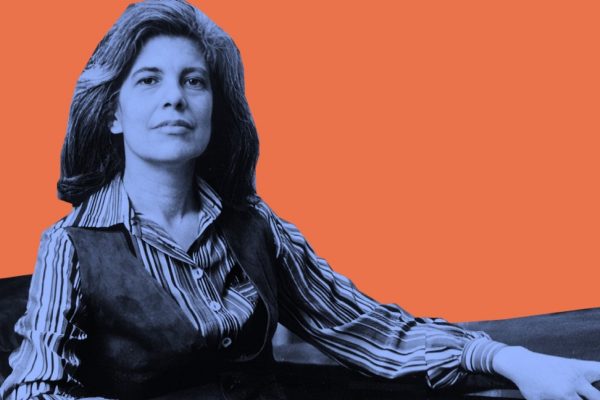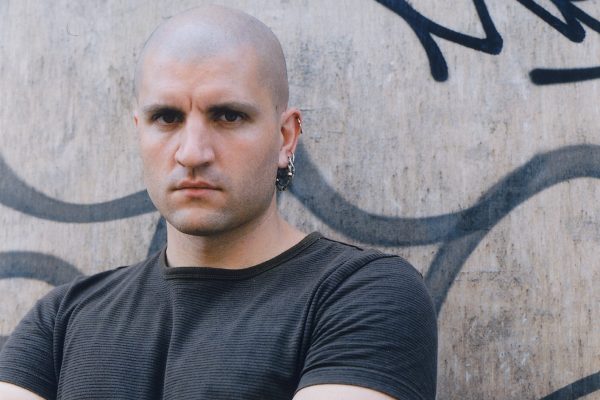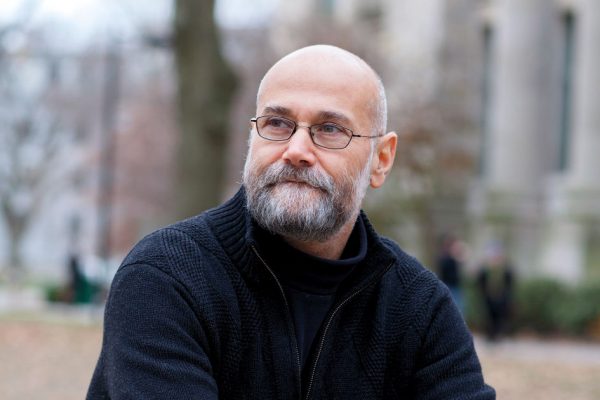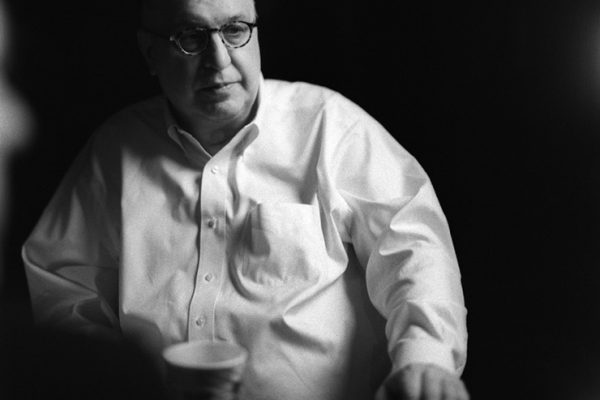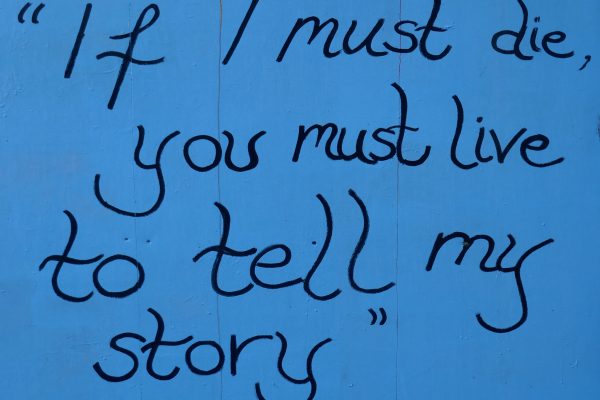Earlier this week, Boston Review co-Editor-in-Chief Deb Chasman sat down with Yochai Benkler, who runs Harvard’s Berkman Klein Center for Internet and Society.
Benkler’s new book (coauthored with Robert Faris and Hal Roberts) pushes back against the narrative that digital platforms or Russian hackers are to blame for our extreme political polarization, arguing instead—with plenty of new data to support them—that the polarization is a twenty-year old trend dating back to traditional outlets such as talk radio and Fox News. Most urgently, Benkler argues that mainstream journalistic practices have fed this polarization, especially when it comes to the rise of the extreme right.
Below, we have paired this interview with some of our favorites from the archive, including Susan Sontag, Margaret Atwood, Errol Morris, and our discussion with Max Ritvo—which took place just before his untimely death.
Geoffrey Movius speaks with Susan Sontag about photography, writing, and memory.
Yochai Benkler argues that the mainstream media is our best hope for tempering the radical right.
Junot Díaz interviews Margaret Atwood about The Handmaid's Tale, political dystopias, and Drake.
Joshua Cohen talks to David Runciman about his book How Democracy Ends.
Morris on his new film and what he thinks of the man who likened himself to Darth Vader and Satan.

